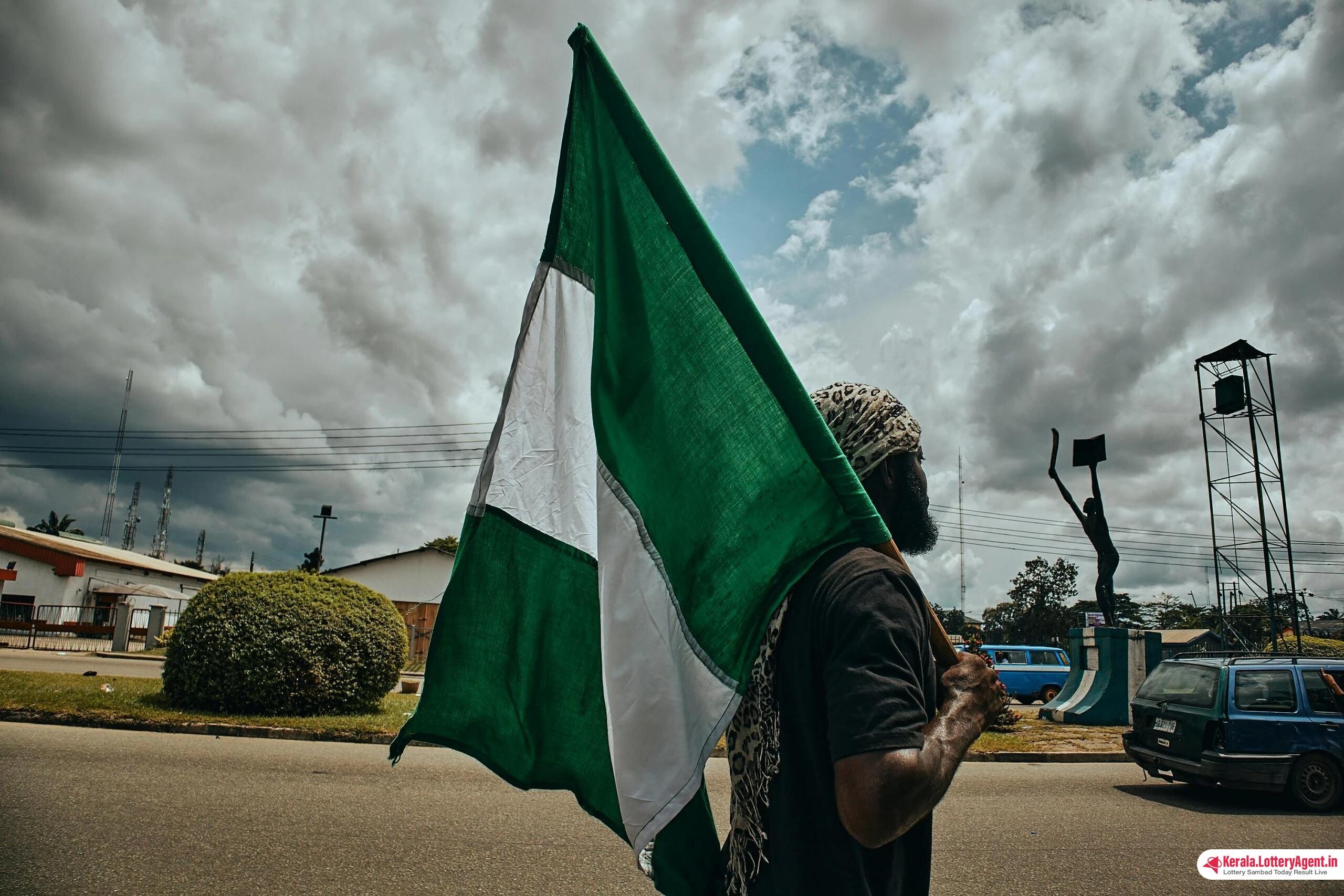
Nigeria stands as Africa’s most populous nation, home to well over 200 million people. Forecasts from The Economist suggest that by 2050, the Nigerian population could swell to an astounding 400 million, overtaking the United States to become the third-most populous country worldwide. Peering into the demographics of Nigeria, it becomes apparent that the nation has a predominantly youthful populace. Around 41% of the population is 14 years old or younger, and the average age sits at just 19. These youthful demographics fuel a burgeoning excitement about the potential growth of Nigerian gambling, vying to overtake South Africa as the industry’s leader in Africa.
This young population, deeply enthusiastic about sports, has witnessed the evolution of Nigerian gambling markets. Where once only local operators dominated, now international brands like Betano and Betway are stepping onto Nigerian soil. Legal expert Olabimpe Akingba, with over a decade of experience in the gaming industry, celebrates the marketplace’s upward trajectory, particularly in the online sector. This rise has been catapulted by increased internet access, stirring intense competition that shapes the industry.
The prevailing challenges, however, are non-trivial, with the regulatory environment standing out as a chief concern. At the federal level, the National Lottery Regulatory Commission (NLRC) holds the reins, yet state regulators occasionally push back against federal licenses. A prolonged dispute involving state and federal regulators has even escalated to the Supreme Court, awaiting a decisive ruling.
Opeyemi Osilojo, erstwhile brand manager at Parimatch, points to the overlapping regulations as a fundamental impediment to growth. The US model, where individual states independently craft regulations, is preferred by many operators. Presently, a compromise keeps the industry afloat, as the industry stakeholders await a clear-cut regulatory framework, a situation still tangled in legal proceedings.
In Nigeria, all operators must be authorized by the NLRC, which doesn’t clearly define stipulations for online gambling. Those with federal licenses for physical operations may need additional state licenses, while online operators stick exclusively to the NLRC. Akingba advocates for harmonization of regulations, underscoring the need for cooperation between state and federal regulators to enable the industry to realize its full potential.
Lagos, Nigeria’s most populous city, finds its regulator, the Lagos State Lotteries and Gaming Authority (LSLGA), central to the federal-state regulatory friction. Interestingly, Bashir Are, the LSLGA’s CEO, views the city’s regulatory methods as European-caliber, citing collaborations with authorities in Malta, Cyprus, and the UK. Lagos, a bustling hub with ample educational and entertainment offerings—not to mention the first esports arena in West Africa—sets the standard for ease of business and transparency.
The Nigerian market is also home to innovation-led entities like BetKing, part of the KingMakers group. By partnering with Genius Sports and exploring smoother transaction platforms, the company cements its place among Nigeria’s top gambling outfits. A robust push for responsible gambling and local sports collaborations further solidify this status.
However, there’s a concern with product offerings appearing too similar across the board, risking market stagnation. Osilojo points to casinos as a beacon of growth, especially as their share in the revenue stream has noticeably increased since the pandemic’s onset.
Yet, the threat of illegal operators looms, driven by the intricacies of regulatory enforcement and market conditions. Actions are in motion to clamp down on these illegitimate practices, with the LSLGA issuing banning orders and seeking alliances to extend its enforcement reach.
Despite regulatory hurdles and the presence of a black market, Nigeria teems with potential thanks to technological advancements, a growing internet user base, and a pronounced proclivity for sports. Optimism surrounds the future of Nigerian gambling, buoyed by innovative breakthroughs and an anticipated resolution to the state versus federal regulatory dilemma.
In an environment where a young demographic floods the market, companies like BetKing strive to engage and retain customers with pioneering approaches. And as the regulation battle continues to unfold, with a potential Supreme Court verdict on the horizon, Nigeria’s gambling industry marches confidently towards a future of growth and sophistication.












